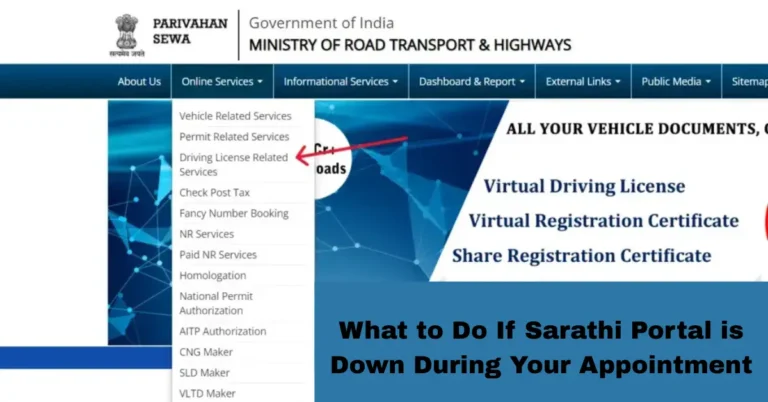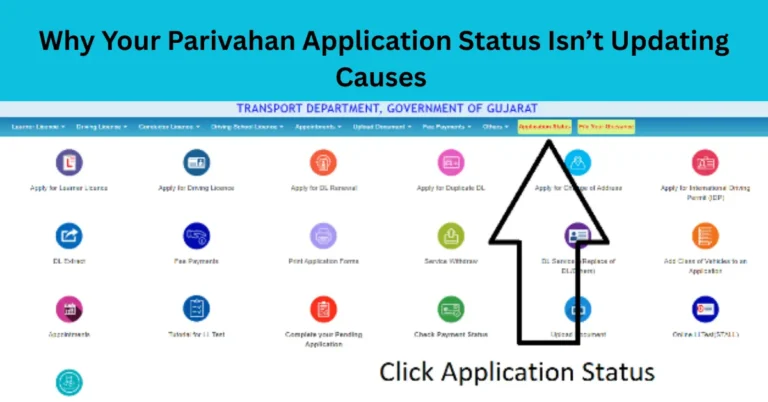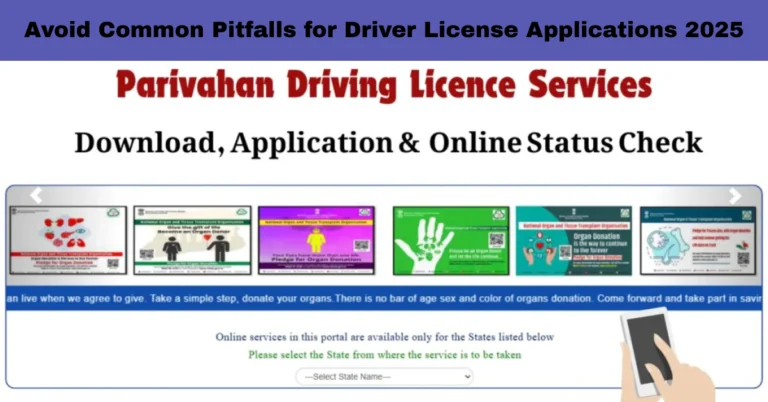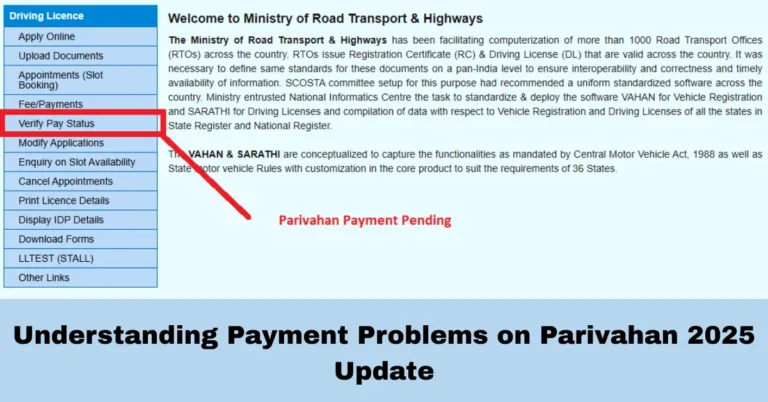State Specific Variations in Vehicle Registration Processes
State Specific Variations in Vehicle Registration Processes especially with different rules across the country. While the Motor Vehicles Act, 1988 provides a uniform framework, each state has tailored its processes to fit local needs. From high-security plates to vehicle transfers, understanding these state-specific variations can save you time and effort. Here’s everything you need to know!
Understanding Vehicle Registration in India
- Temporary Registration: When you buy a new vehicle, you get a temporary registration number valid for a month. The dealer provides this.
- Documents Submission: You will need to submit several documents, including Form 20 (Application for Registration), Form 21 (Sale Certificate), insurance papers, PUC (Pollution Under Control) certificate, and address proof.
- Vehicle Inspection: Some states require physical inspection of the vehicle to verify its condition before issuing registration.
- Payment of Taxes and Fees: You’ll need to pay the registration fee and road tax. The fee structure varies depending on the state and vehicle type.
- Issuance of RC (Registration Certificate): Once the RTO processes everything, you’ll receive your Registration Certificate (RC), which is valid for 15 years for private vehicles.
State Specific Variations in Vehicle Registration
- Delhi, Maharashtra, Uttar Pradesh: Mandatory HSRPs for all vehicles since 2019. These plates are tamper-proof and contain a unique identification number.
- Kerala, Rajasthan: HSRP is gradually being implemented, with an emphasis on retrofitting older vehicles.
Vintage Vehicle Registration
- Uttar Pradesh: Allows vehicles older than 50 years to be registered as vintage, giving them a 10-year validity for the RC.
- Goa: Offers benefits like tax exemptions and special registration plates for vintage vehicles. You can also get special green plates for eco-friendly vintage vehicles.
Vehicle Transfer Between States
Electric Vehicle EV Registration Incentives
- Provide subsidies on road tax and registration fees for electric vehicles. There are also discounts on the purchase price and green number plates for EVs.
- Tamil Nadu: Introduced state EV policies offering financial incentives and rebates for the purchase and registration of electric vehicles.
Automated Testing Stations ATS
- Uttar Pradesh: Launched multiple ATS units for accurate and quicker vehicle inspections. The fitness test now uses automated systems to check emissions, safety features, and overall vehicle condition.
- Madhya Pradesh: Incorporating automated testing for commercial vehicles to ensure better road safety and emissions control.
How to Navigate State-Specific Registration Processes
- Stay Updated: Each state updates its rules and procedures from time to time. Always check the latest updates on your state’s RTO website.
- Know Your State’s Tax Structure: Be aware of road tax rates and exemptions, especially if you’re moving to a new state. If you own an EV or vintage vehicle, check for any tax rebates.
- Get NOC in Advance: If you’re planning to transfer your vehicle, always request the NOC in advance. Some states may take a while to process the request.
- Use Online Services: Many states, like Uttar Pradesh and Mahrashtra, offer online services for document submissions and payments. Save time by using these services instead of visiting the RTO.
- Consult RTO Officials for Clarity: If you’re confused about the procedures, don’t hesitate to consult an RTO official or visit the helpdesk.
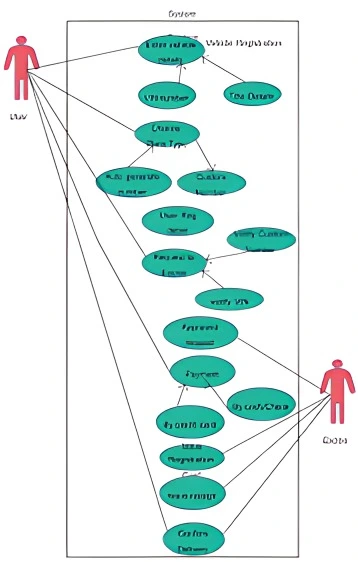
Can I transfer my vehicle registration without an NOC?
No, you need an NOC from the original RTO to transfer your vehicle’s registration to another state. This is mandatory to ensure all dues are cleared.
How can I get a vintage vehicle registered?
In states like Uttar Pradesh, you need to prove that your vehicle is over 50 years old and is in original condition. Then you can apply for vintage registration at your local RTO.
Is HSRP mandatory for all vehicles?
Yes, as per government regulations, most states require all vehicles to have High-Security Registration Plates (HSRP) for added security. However, some states are still in the process of full implementation.
How do I check my vehicle’s fitness if I live in a state with ATS?
Visit the Automated Testing Station (ATS) in your state. These stations check the fitness of your vehicle through automated systems, making the process quicker and more reliable.
Are there discounts for EV registration?
Yes, several states like Delhi, Karnataka, and Maharashtra offer tax rebates and financial incentives for the purchase and registration of electric vehicles. Check with your local RTO for the exact benefits.
Final Words
The vehicle registration process in India varies significantly from state to state, and being aware of these differences can save you time and effort. Whether it’s registering a vintage vehicle, opting for high-security number plates, or benefiting from electric vehicle incentives, understanding the local rules and utilizing online services can simplify the process. Always stay updated and consult RTO authorities for any clarifications to ensure you’re following the right procedures.


